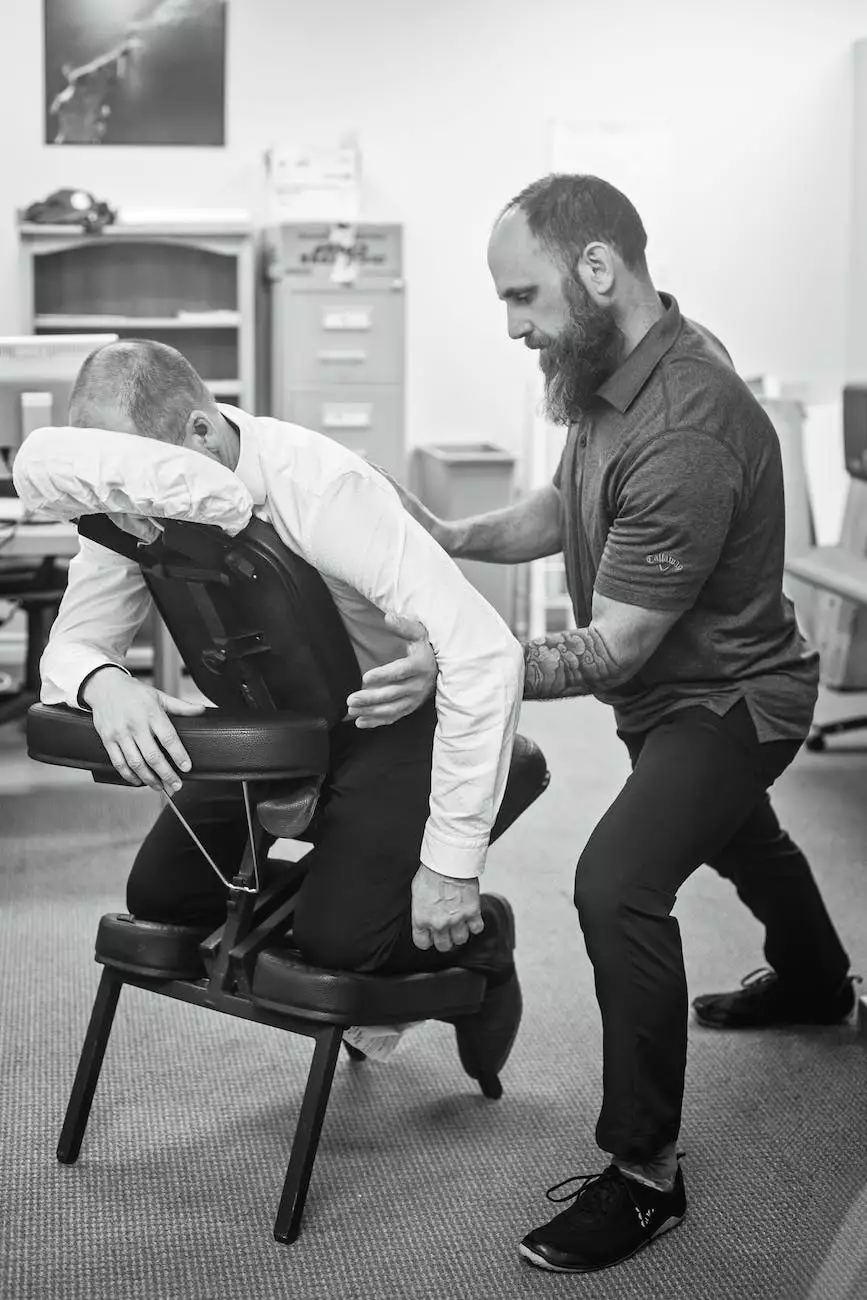Seat Belt Injuries: Understanding Causes, Symptoms, and Treatments
Health
Introduction
Welcome to Kelley Tim PA-C, your trusted chiropractor in Fayetteville, NC, specializing in seat belt injury treatments. We understand the importance of educating our patients on seat belt injuries, their causes, symptoms, and effective treatment options.
The Importance of Seat Belts
Seat belts play a crucial role in ensuring our safety while traveling in vehicles. They are designed to secure passengers and prevent severe injuries during accidents. However, even with the best intentions, seat belts can sometimes cause injuries due to the force exerted on the body during sudden stops or collisions.
Common Seat Belt Injuries
Seat belt injuries can range from mild to severe, depending on the circumstances of the accident. Some common seat belt injuries include:
- Whiplash: Whiplash occurs when the neck jerks forward and backward suddenly, causing strain on the soft tissues and muscles of the neck.
- Chest Injuries: Seat belts can cause chest injuries, such as contusions, fractures, or rib injuries due to the impact during accidents.
- Abdominal Injuries: The force of the seat belt can also result in abdominal injuries, including bruising, internal bleeding, or damage to organs.
- Shoulder Injuries: Seat belts can cause shoulder injuries, such as dislocation or sprains, when they abruptly restrain the upper body during an accident.
- Spinal Injuries: In some cases, seat belt injuries can lead to spinal injuries, including herniated discs, nerve damage, or even paralysis.
Recognizing Seat Belt Injury Symptoms
It is crucial to be aware of the symptoms of seat belt injuries in order to seek prompt medical attention and treatment. Common symptoms of seat belt injuries may include:
- Neck pain or stiffness
- Shoulder pain or discomfort
- Chest pain or bruising
- Difficulties breathing
- Abdominal pain or swelling
- Back pain or numbness
- Headaches or migraines
Effective Treatment Options
At Kelley Tim PA-C, we specialize in providing effective treatments for seat belt injuries. Our goal is to alleviate pain, promote healing, and restore mobility for our patients. Our comprehensive treatment approach may include:
- Chiropractic Adjustments: Our skilled chiropractors will perform specific adjustments to realign the spine, relieve pressure on nerves, and promote overall healing.
- Physical Therapy: We offer personalized physical therapy programs to strengthen muscles, improve flexibility, and enhance mobility.
- Massage Therapy: Our licensed massage therapists can help reduce muscle tension, improve blood flow, and accelerate the healing process.
- Pain Management Techniques: We utilize various pain management techniques, such as heat or cold therapy, electrical stimulation, and therapeutic exercises to alleviate discomfort.
- Postural Correction: Correcting posture plays a vital role in preventing further injuries and improving overall spinal health.
Preventing Seat Belt Injuries
While seat belt injuries may occur, it is important to remember that wearing a seat belt significantly reduces the risk of more severe injuries during accidents. To minimize the chances of seat belt injuries, consider the following tips:
- Proper Seat Belt Fit: Ensure the seat belt is properly positioned across your shoulder and hip, avoiding any slack or excessive tension.
- Seat Positioning: Adjust your seat to an upright position with proper lumbar support to decrease the impact on your body during sudden stops or collisions.
- Safe Driving Practices: Follow traffic laws, maintain a safe driving distance, and avoid aggressive maneuvers that could lead to accidents.
Consult a Trusted Chiropractor in Fayetteville, NC
If you or a loved one has experienced a seat belt injury, it is crucial to seek professional help. At Kelley Tim PA-C, we have extensive experience in treating seat belt injuries and helping our patients regain their health and mobility.
Contact us today to schedule a consultation with our skilled chiropractic team and learn more about our tailored treatment plans for seat belt injuries.









